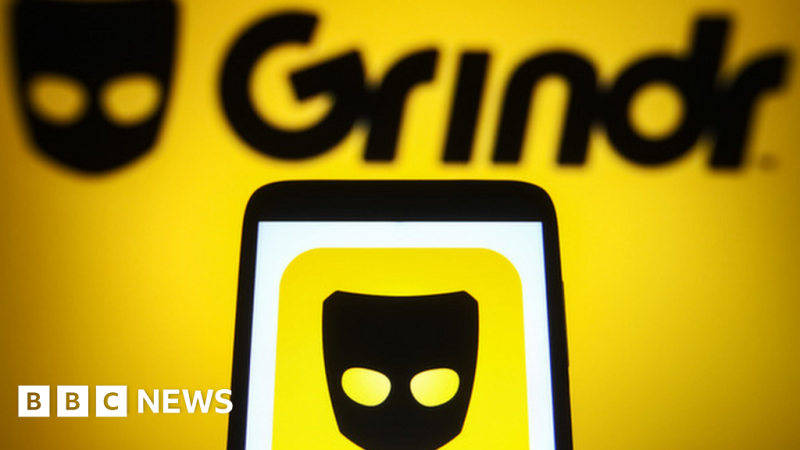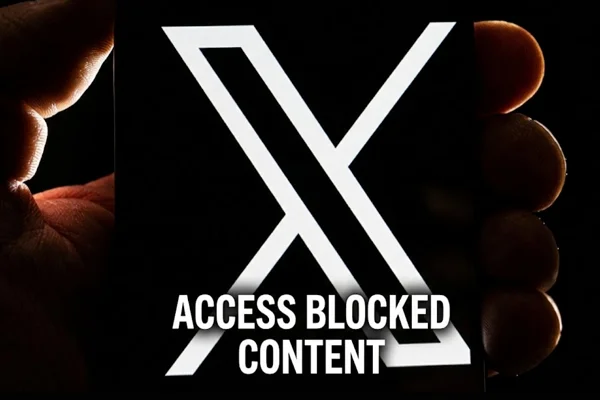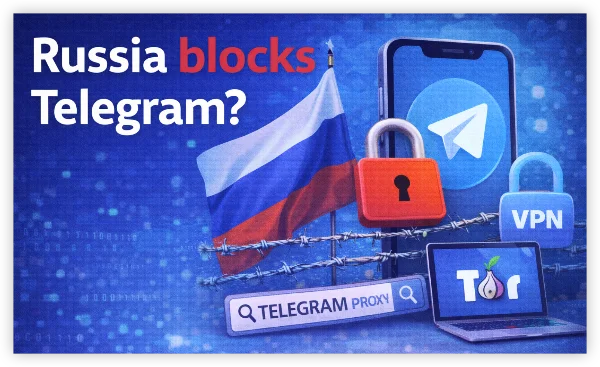What Omegle was—and why people used it
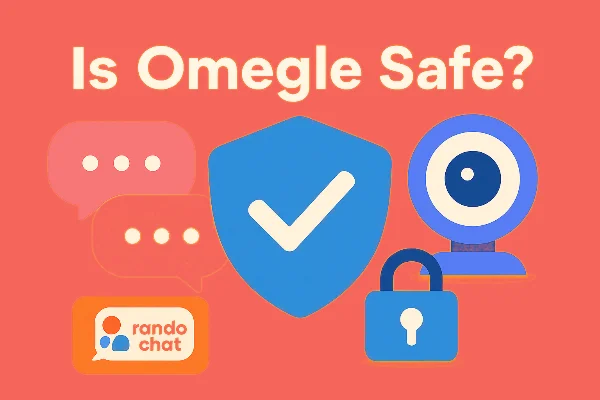
Omegle connected you to strangers instantly—no account, no profile, just a camera and a chat box. That simplicity is why the “is Omegle safe” debate never stopped: the design removed friction but also conventional safeguards.
Why it felt exciting:
-
Zero setup: No profile or friend list meant instant novelty.
-
Serendipity: You could meet people from any country or subculture.
-
Low commitment: If a chat was awkward, you clicked “Next.”
Why it was risky:
-
Anonymity cuts both ways: When nobody knows you, accountability drops.
-
No consistent moderation: Even with algorithms and reports, bad actors slipped through.
-
Metadata exposure: Without precautions, your IP, device data, and location could be inferred.
Even though the original service shut down, clones and similar “talk to strangers” sites/apps persist—meaning the question is Omegle safe still matters in practice.
Is Omegle safe? The real risks behind random chats
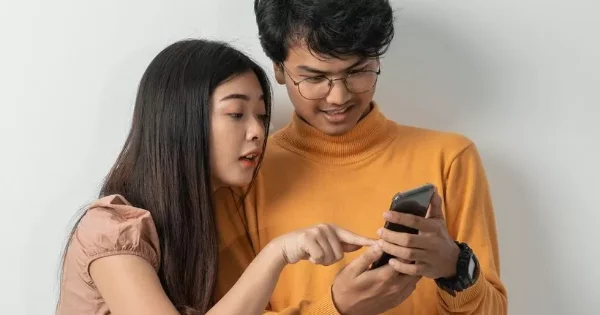
Short answer: No, not by default. Asking is Omegle safe makes sense because random stranger chat exposes you to several categories of risk:
1) Content risk
-
Sexual or graphic content even when you don’t want it.
-
Exposure to minors or to adults posing as minors, which can create serious legal and ethical issues.
2) Privacy & stalking risk
-
Your IP address (and sometimes coarse location) can be inferred by the other party or by embedded third-party scripts.
-
Screen names, background objects, and reflected windows can reveal identity clues.
-
Chats may be recorded and reposted without consent.
3) Social engineering & scams
-
“Send me a code,” “download this file,” or “let’s move to this link” are common lead-ins to malware or account takeovers.
-
Romance-style pretexts and crypto or investment pitches show up even in short sessions.
4) Malware & browser exploitation
-
Pop-ups, malicious ads, or trick downloads can install unwanted extensions or steal session tokens.
-
Fake “plugin required” prompts are classic attack vectors.
5) Harassment & mental health impact
-
Offensive comments, threats, and shocking content can be distressing—another angle behind is Omegle safe concerns.
Bottom line: The architecture makes surprise the feature—and surprise is exactly what safety teams try to reduce. That’s why the answer to is Omegle safe is “only if you add your own layers of protection.”
How to Protect yourself on random-chat sites
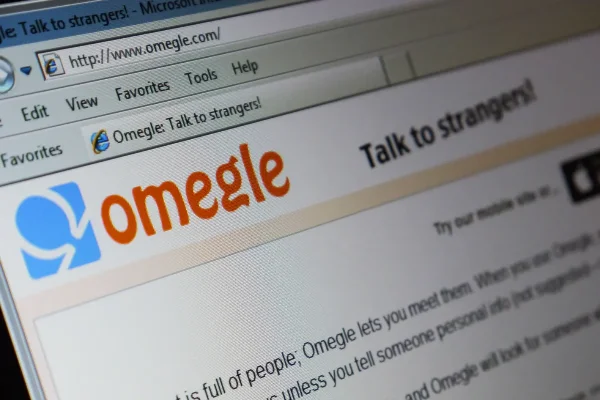
If you still plan to use Omegle-style platforms, treat is Omegle safe as a checklist you can meet halfway. Here’s a layered, doable plan:
Before you connect
-
Cover identity clues: Plain background, no diplomas, badges, or unique art. Use a generic username.
-
Create a separate browser profile (or a secondary device) with no personal logins or extensions.
-
Turn on a trusted VPN such as free proxy VPN in UFO VPN before you open the site—this encrypts traffic and masks your IP from local networks and the site itself.
-
Update your browser/OS to patch known vulnerabilities.
While chatting
-
Never share personal info, one-time codes, school/work names, or location details.
-
No file downloads or link hopping from chat—if someone insists, end the session.
-
Keep the tab isolated; do not browse email, banking, or work tools in the same profile.
-
Use the skip/report tools the moment something feels off.
If you must show video
-
Use a virtual camera overlay (blur or static background).
-
Angle the camera to reduce reflections and identifiable items.
-
Avoid showing minors or private spaces.
After the session
-
Clear cookies/site data for that session’s domain.
-
Disconnect and reconnect your VPN to rotate exit IPs, especially on public Wi-Fi.
-
Review downloads (should be none) and run a quick security scan if you broke that rule.
Safer Omegle alternatives
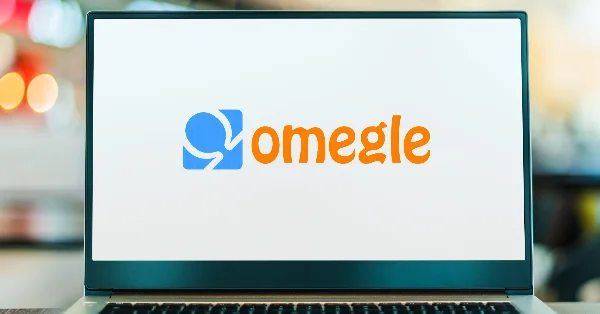
If your goal is social discovery without the worst random chat risks, look for Omegle alternatives with:
-
Accountability features: Optional profiles, basic verification, or reputation systems.
-
Report + block that actually works: Clear community guidelines and visible moderation.
-
Interest matching and filters: Less random means fewer extremes.
-
No forced downloads: Web-first with transparent permissions.
-
Parental controls and age gates if teens are allowed at all.
No platform is perfect, but these criteria reduce the “roulette” effect that makes people ask is Omegle safe in the first place. Adults who prioritize privacy can also consider text-only or topic-based communities—forums, moderated Discord servers, or hobby apps—where moderation and norms are stronger.
Parents & educators: quick safeguard when use omegle
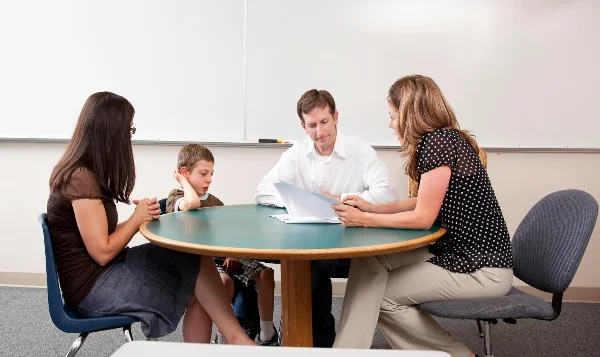
Because families often ask is Omegle safe with minors in mind, here’s a no-nonsense, high-impact set of protections:
-
House rule: No random-chat sites or apps that pair kids with strangers. Full stop.
-
Use child accounts on iOS/Android with age-appropriate app stores, content filters, and screen-time controls.
-
Router-level DNS filtering to block domains known for explicit or risky content.
-
Shared-space computing: Laptops and tablets stay in common rooms; webcams covered by default.
-
Talk early, talk often: Explain grooming tactics, link lures (“verification code,” “private group”), and pressure scripts.
-
Practice exits: Teach kids to close the tab, tell a trusted adult, and never accept file transfers or move to private messaging.
These steps belong in any family plan—regardless of whether the original site is online—because clones will keep appearing.
What to do if something goes wrong

Even with precautions, incidents happen. If your is Omegle safe experiment goes sideways:
If you shared personal info
-
Lock down accounts: Change passwords and enable 2FA.
-
Watch for phishing: Attackers try to reuse data within days.
-
Consider a temporary number for any services where you revealed a phone.
If you were recorded or harassed
-
Preserve evidence (screenshots, URLs, timestamps).
-
Report on-platform and to hosting providers (for reposted videos).
-
For threats or imagery involving minors, contact local law enforcement immediately and the platform’s abuse/report channel.
If your device was compromised
-
Disconnect from the network.
-
Run reputable security scans; remove suspicious extensions.
-
Change passwords from a clean device.
-
Restore from backup if needed.
Network hygiene after an incident
-
When using public Wi-Fi again, keep UFO VPN connected end-to-end so on-path actors can’t snoop or inject malicious scripts.
-
Avoid reusing the same browser profile you used during the incident.
FAQs
Is Omegle safe for teens?
No. Random chat with strangers, minimal verification, and exposure risks make it inappropriate for minors. Use parental controls and DNS filtering to block clones.
Is Omegle safe if I use a VPN?
Safer, but not safe by default. A VPN like UFO VPN protects your connection and IP, but you still face content, harassment, and recording risks.
Can strangers really find my location?
They may infer a general area from your IP or from details in the background. A VPN masks the IP; you handle the rest by removing visual clues.
Are Omegle alternatives safer?
Some are, if they have real moderation, reporting, and age gates. Check policies, read recent reviews, and prefer communities with norms and accountability.
How do I stay private on public Wi-Fi while chatting?
Turn on UFO VPN first, use a separate browser profile, avoid downloads and link hops, and clear cookies/site data after every session.




